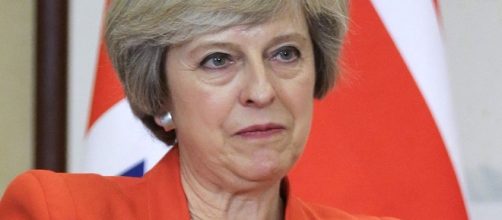The Prime Minister of the United Kingdom Theresa May has been urged by rival politicians and leaders in the UK's other major political parties to reject recently elected United States President Donald Trump's embrace of waterboarding and any potential trade deal between the United Kingdom and the United States that would open up the UK's National Health System (NHS) for privatisation.
Prime Minister May receives criticism from Labour and Liberal Democrat leaders
As Prime Minister May prepares to be the first foreign leader to meet newly-elected President Trump on Friday in Washington, she has received pressure from British Members of Parliament from both rival parties, Labour and Liberal Democrat, as well as from within her own party.
Most of the criticism has focused on President Trump's recent comments surrounding the issue of torture. In his first televised interview since being inaugurated as the 45th President of the United States, Trump declared he believes torture methods against terrorism suspects are both morally justified and effective means for retrieving information.
During Prime Minister's Questions on Wednesday, where Members of Parliament are allowed the floor to ask May questions on current issues, Conservative MP Andrew Tyrie pressure May to unilaterally reject torture and refuse to allow the UK to complicit in any action that would facilitate the use of torture by the Us government. While May condemned the practice of torture and stated the UK government would by no means practice it, she refused to make a statement on President Trump's recent comments.
Several Liberal Democrat MPs and Labour Party leader Jeremy Corbyn quickly took to social media, criticising May and pressuring her to confront Trump on this issue. Corbyn has a long history of advocating human rights issues and has been a fierce critic of both the current Conservative government and President Trump.
Prime Minister May also criticised for free trade deals
As Trump and May meet, there will be discussion of a potential free Trade deal between the two countries. Although May has stated her support to keep the UK's national health care program free at the point of delivery, she has left open the possibility for US corporate investment in the NHS. This has drawn fierce criticism and questioning from British MPs as to the future of the UKs health care. The Liberal Democrat Party leader Tim Farron demanded May that the NHS be protected in any future US-UK trade deals.

